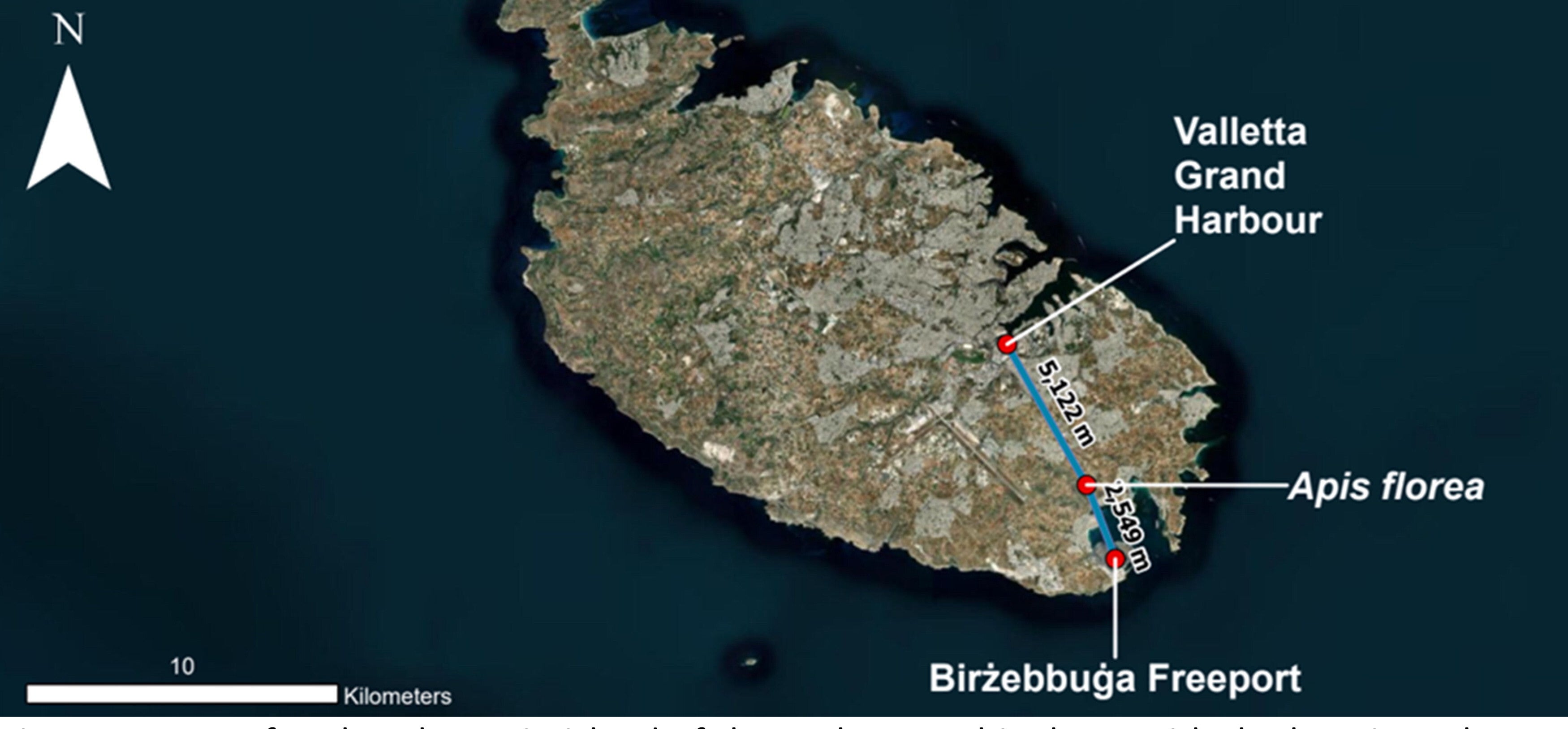Colony of invasive red dwarf honeybees spotted in Europe for first time
Scientists warn that non-native bee could pose threat to Europe’s bee population, as climate crisis drives new species to continent

Your support helps us to tell the story
From reproductive rights to climate change to Big Tech, The Independent is on the ground when the story is developing. Whether it's investigating the financials of Elon Musk's pro-Trump PAC or producing our latest documentary, 'The A Word', which shines a light on the American women fighting for reproductive rights, we know how important it is to parse out the facts from the messaging.
At such a critical moment in US history, we need reporters on the ground. Your donation allows us to keep sending journalists to speak to both sides of the story.
The Independent is trusted by Americans across the entire political spectrum. And unlike many other quality news outlets, we choose not to lock Americans out of our reporting and analysis with paywalls. We believe quality journalism should be available to everyone, paid for by those who can afford it.
Your support makes all the difference.An invasive species of honeybees has established a colony in Europe for the first time, raising alarm among scientists and conservationists.
The red dwarf honeybee, Apis florea, is native to parts of Asia but was discovered in Malta, the first sighting of its kind on European soil.
Researchers say this unexpected arrival is concerning and could potentially impact the region’s native bee populations and broader ecosystems.
Apis florea has been slowly expanding its territory from Asia to the Middle East and north-east Africa over recent years. “The species ’adaptability is well documented and reflected in its native distribution area which covers different climatic environments and habitats,” researchers say in the study.
It had never been reported in Europe, however, until now. The colony, consisting of more than 2,000 adult bees, was discovered on a tree branch in Malta, according to a study published in the Journal of Apicultural Research.
DNA testing confirmed the species, and the colony was quickly removed and destroyed to prevent further spread. However, researchers fear that some bees may have already left the hive to start new colonies elsewhere.

The proximity of the colony to Malta’s major cargo hub, Birżebbuġa freeport, suggests that the bees may have arrived via a commercial vessel.
“It is concerning that Apis florea has been found in Malta,” Dave Goulson, a professor of biology at the University of Sussex, told the Guardian.
“Apis florea is likely to compete for pollen and nectar with our native pollinators, a group of insects that are already in decline. It is also very likely that these bees will be carrying multiple diseases which European bees may have little resistance to.”
The introduction of a non-native species like Apis florea could have significant ecological consequences. Native pollinators are already struggling due to habitat loss, pesticide use, and rising temperatures because of the climate crisis.
The spread of Apis florea to Europe is not an isolated incident. Around the world, the movement of species into new territories is becoming more common, often driven by human activities and climate crisis.
As global temperatures rise, species are expanding their ranges to adapt to new conditions. Warmer temperatures can create more favourable environments for species that would otherwise be confined to certain regions.
Join our commenting forum
Join thought-provoking conversations, follow other Independent readers and see their replies
Comments